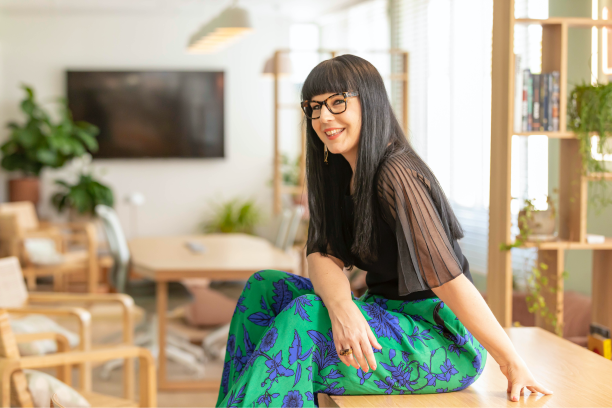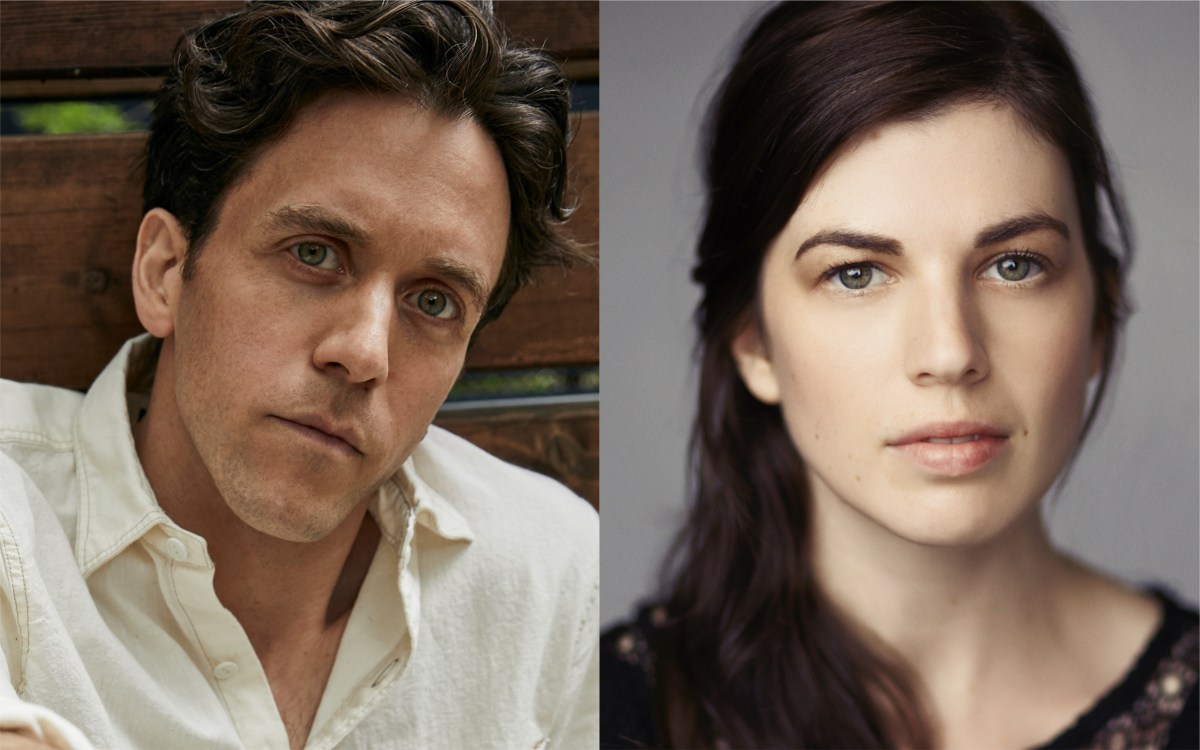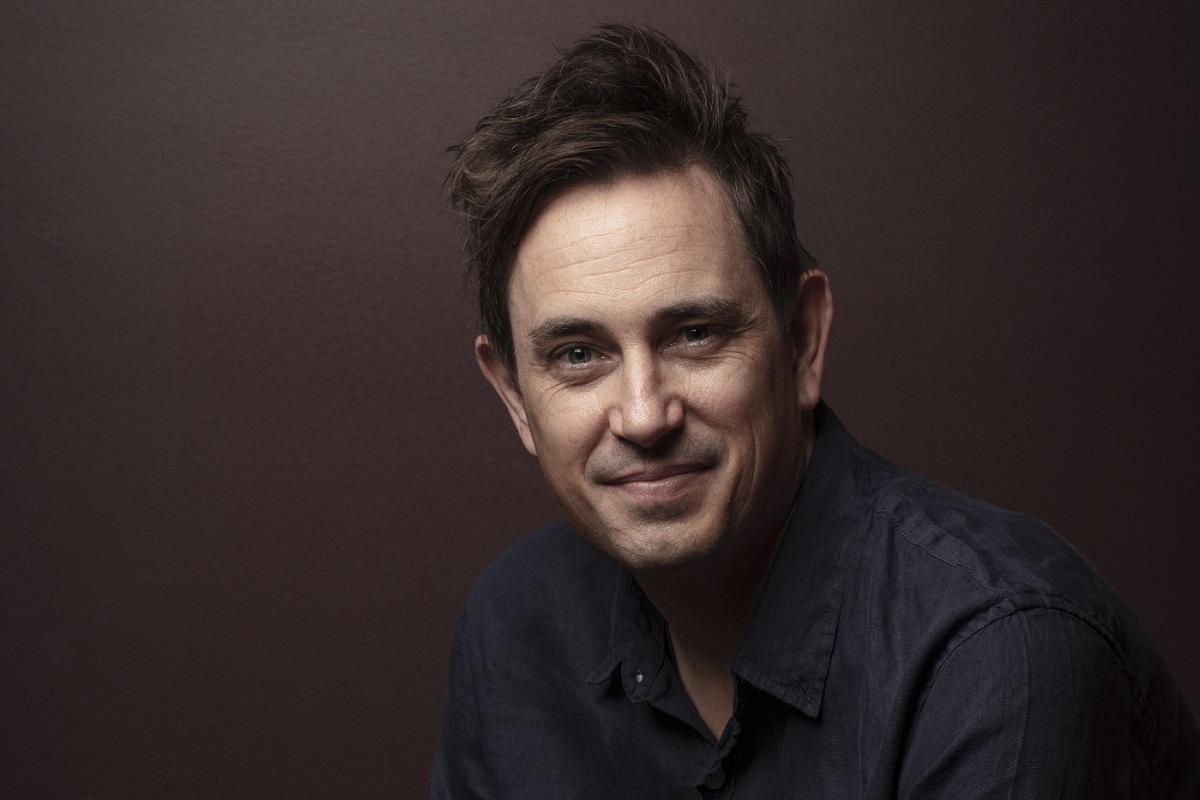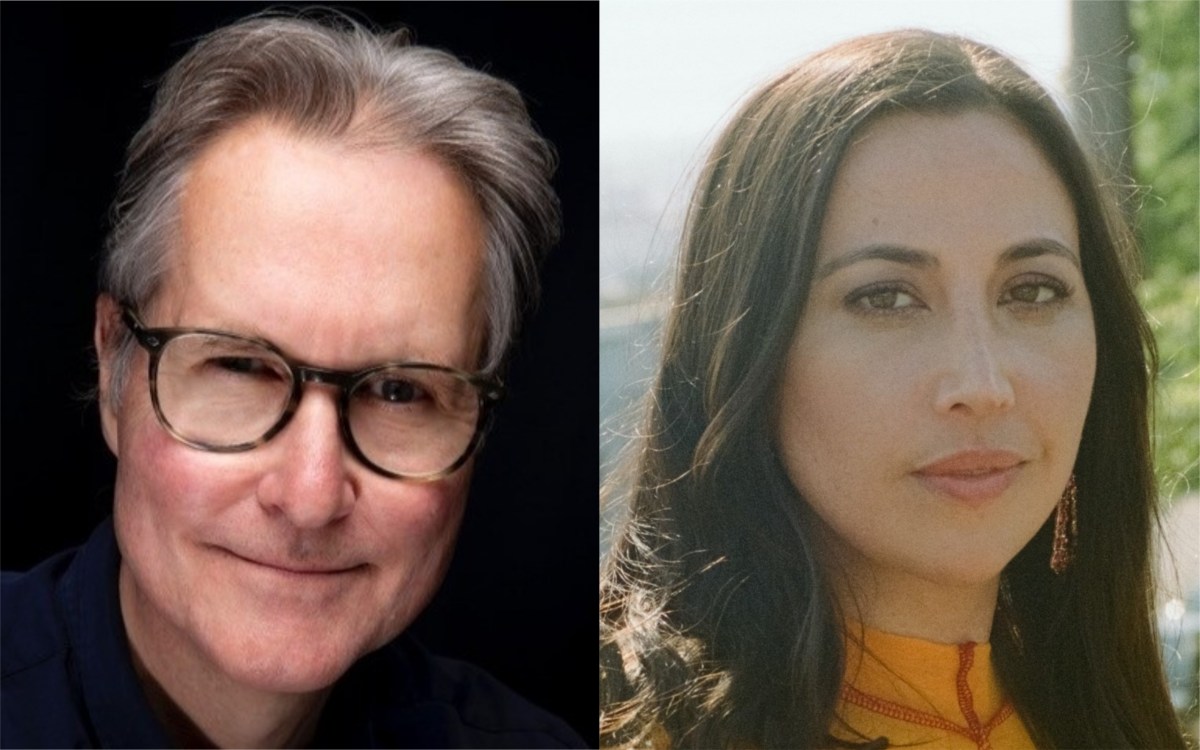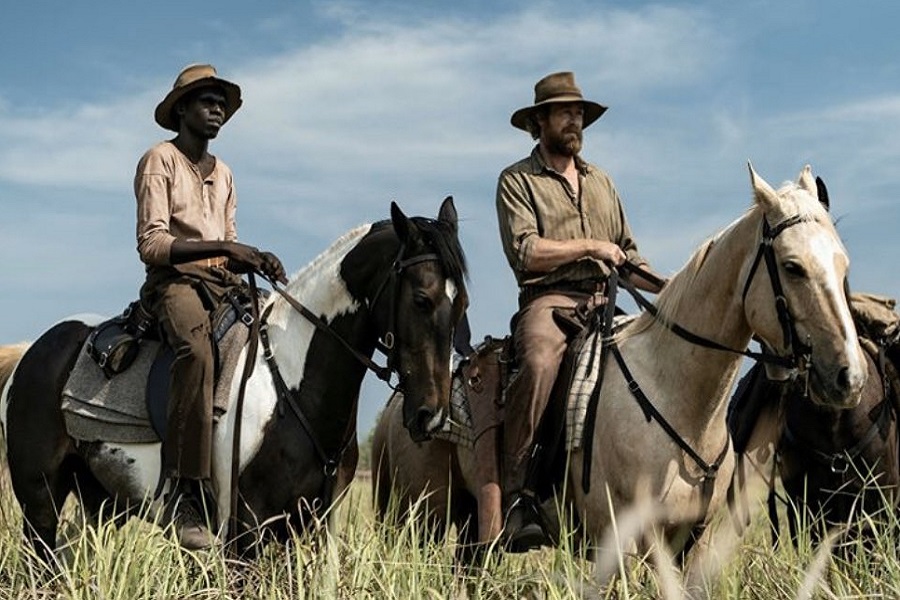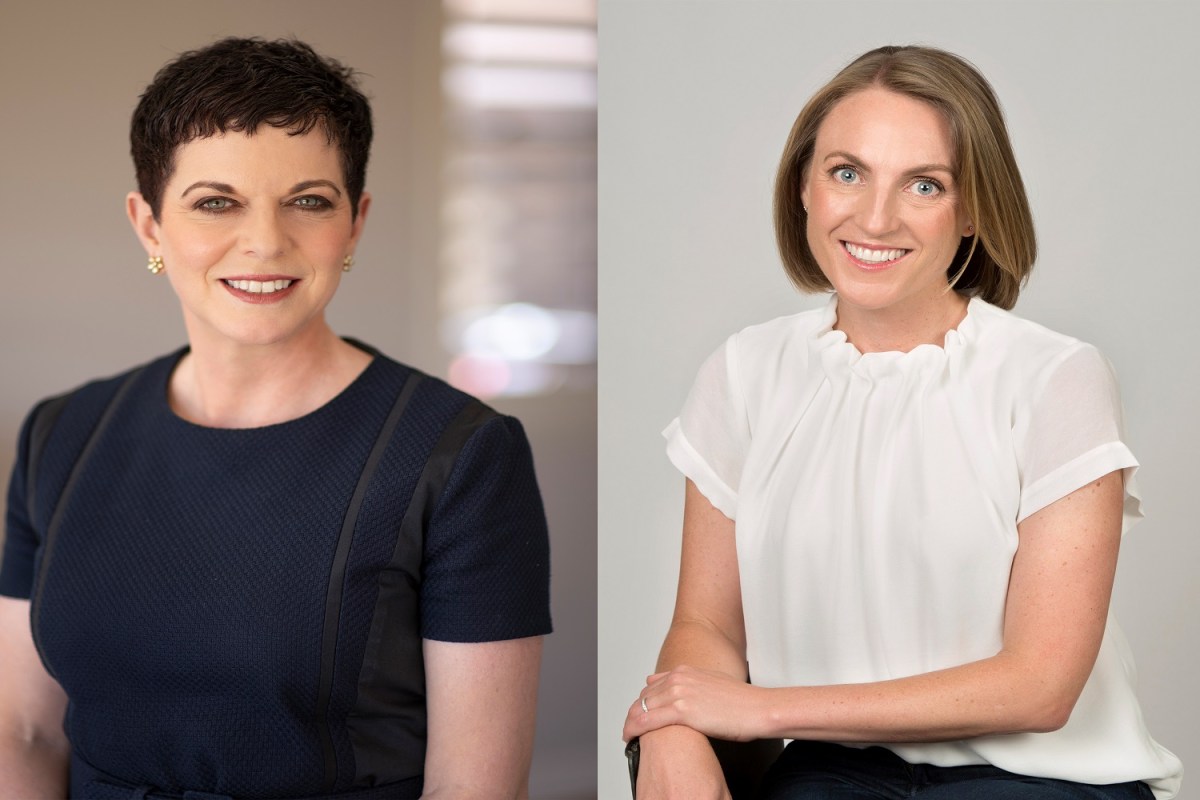Ara Jansen Seesaw 4 May 2022
Turning well-built male removalists into well-built domestic cleaners, WA-made film How to Please a Woman is designed to open up some important conversations around sex, intimacy… and housework, discovers Ara Jansen.
It’s a truth universally acknowledged that any woman in possession of a home must want someone to clean it. Someone that isn’t her. That’s part of the premise of a wonderfully warm movie, filmed in Fremantle, that hits cinemas this month. How to Please a Woman stars Sally Phillips, Erik Thomson, Alexander England, Ryan Johnson, Josh Thomson and Cameron Daddo, alongside WA-born actors Caroline Brazier, Tasma Walton and Hayley McElhinney.
Sally Phillips is Gina, a mature woman who starts a business which turns well-built male removalists into well-built house cleaners. The response from her ocean-swimming community helps make her new venture an instant hit. As business booms, her clients demand something more – sex – but more importantly, pleasure. Gina and her foodie manager (Erik Thomson) launch an enterprise that’s all about getting intimacy right between people.

As Gina faces the highs and lows of running a business, she’s also forced to stand up for herself and her own pleasure, and take control.
Exploring the vulnerable world of what women really want – and how hard it can be to get it right – the film is a precarious, often hilarious, heartwarming and revealing journey.
How to Please a Woman was shot over five weeks in the middle of last year in Fremantle and at Leighton Beach. Some of the film’s most delightfully insightful scenes happen in the concrete women’s change rooms at the beach after sunrise swims in the Indian Ocean with Gina’s women friends. Through years of changeroom semi-naked chat, they have grown into a fun and eclectic cohort who share intimate secrets and laughs.
“I never sexualized our view of women in the changerooms,” says director and screenplay writer Renée Webster.
“The atmosphere in those scenes is terrific, even when we were dealing with sex, intimacy and pleasure. All these women standing around with their clothes off and talking about things – you could feel them standing in their own power.”
Caroline Brazier – who plays Sandra – says she would find herself tearing up during those scenes because of the wonderful energy in the space.
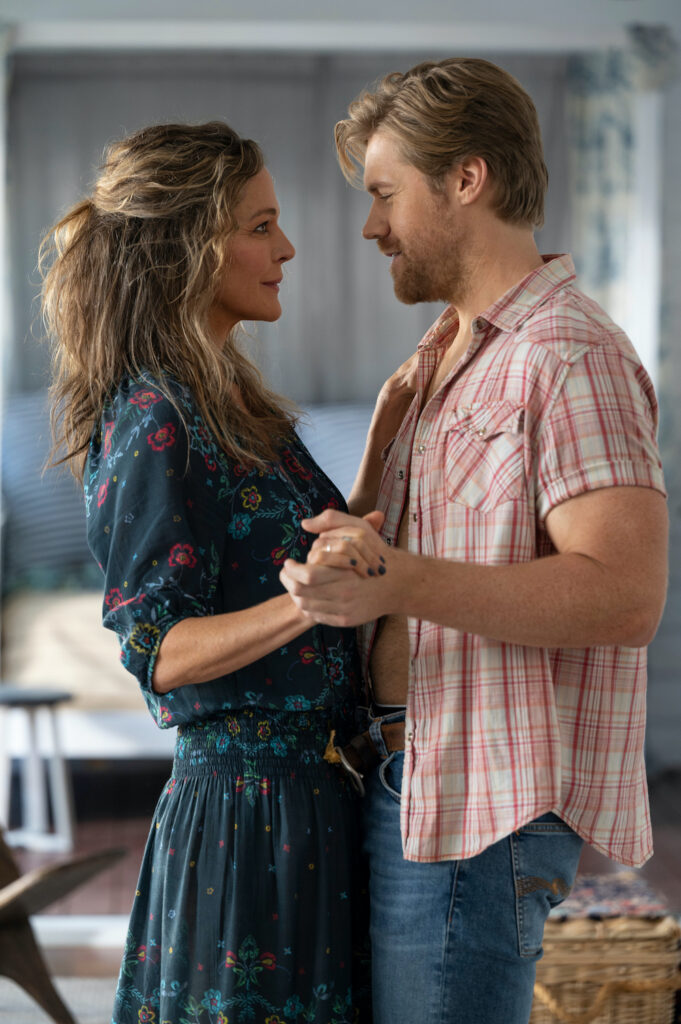
“All these gorgeous women who were extras offering up their naked bodies of all different shapes and sizes; in that moment they all looked so beautiful,” says Brazier. “We really have bought into this lie that our culture needs us to believe that our bodies are terrible if they are not a particular way. They were exquisite and that made for a very profound moment.”
Webster says that in these scenes, and indeed across the movie, tone was incredibly important in order to balance the humanity in the story with the comedy.
“My intention was to create a powerful comedy where you take away something from it. The way for the audience to find their way is to make sure you are being honest and authentic and might speak to people’s own lives.”
Webster takes a slightly more subtle path with Gina’s character, who could have easily been a loud, brash character who barrels along all guns blazing. Instead, in casting Sally Phillips, she delivers a quietly determined woman who is finally discovering her own power and tells her new male crew that “obviously, the cleaning must be effective and there must be a minimum of one orgasm”.
Producer Tania Chambers says it was wonderful to see a realistic woman’s orgasm on screen, one that seems normal and possible rather than porn-inspired.
“We wanted to have grown-ups that are intentional and communicating with each other. We wanted to reflect these values and healthy sexuality.
“Over the last five or so years with internet streaming and women accessing porn and going to sex shops and the proliferation of sex-positive websites, there’s a different language that’s occurring.”
She says this has led to a lot more sex-positive discussions but also a better understanding of how sex really is, as opposed to what many types of unrealistic porn offers. How to Please a Woman adds to this conversation by pointing to communication as being an important part of the process, as the character of Anthony finds out when he gets a few lessons.

How to Please a Woman is a female story told from a female perspective, and that female focus resonated behind the scenes too. Of the key film crew, three-quarters are women. Both producers, the line producer and departmental heads for production design, wardrobe, hair and make-up are women. The camera department, grip and gaffers also include women.
Tania Chambers says in general there’s a move to help more women up the ranks in film production and an encouragement for more women to be involved in all facets of film-making.
“To have a number of women working as grips and gaffers in this film was great,” says Chambers. “Someone told me during filming that if there’s more than one woman in a particular area, they feel like they can stand by each other and not feel like they are alone against the world.”
It’s pretty normal to have areas like make-up and wardrobe dominated by women. Less so when it comes to grips and some of the more physical jobs.
“That’s changing and it’s exciting,” says Webster. “I think it’s also practical when you are dealing with intimacy scenes. A room full of men feels really different to a room full of women and men. I find that really enabling and great for the creative process.”
One of the first scenes they shot was Alexander England taking off his clothes. He plays Tom, the first character you also see in the trailer. Webster says she purposefully shifted the mix of the room to be men and women to create the right energy. After the scene the actor told her it was a much better experience.

The story behind How to Please a Woman came from two women Webster discovered who ran a business offering sexual services to women. She had read about them and wondered who their clients were.
“What I found was unexpected. Yes, there were women with heaps of money and power, but a lot of the women who used the service wanted to find some sexual agency and didn’t know how to get it and be safe, and were not prepared to give up sex.”
The stories that Webster heard around this business were what inspired the film and informed her writing of the screenplay.
The script also allowed her to make a few pointed comments about women and housework.
“For many people housework is something you don’t want to think about but it’s still a big part of your life. I have a lot of working professional mum friends who still have to do the housework. The reality and universality of that was such a touchstone because it’s a part of everyday reality.”
The group of four close female friends in the movie are post-40, maybe closer to 50, as are most of Gina’s clients. Rather than portray them as old, older or getting old, Webster has imbued them with an infectious sense of energy and positivity. There’s a feeling of take-charge and her female characters are not ready to settle for no sex – or average sex.
“I always had in my mind that this would be fun,” says Webster. Perth is her hometown so she felt particularly drawn to the filming locations and says the synchronicity of shooting her first feature film here and on the beach where she grew up was “really powerful”.
“I have a strong feeling it’s a great time to share this story,” she says. As well as giving people joy in the watching, she hopes it will provoke discussion around intimacy issues.
“This film was made not just to entertain. I would love it if it opened up new conversations in our lives and allowed some space for them. For both men and women.”
How to Please a Woman opens in cinemas 19 May 2022.
Pictured top: Alex England as Tom with Roz Hammond as Claudia, in ‘How To Please A Woman’. Photo: David Dare Parker

